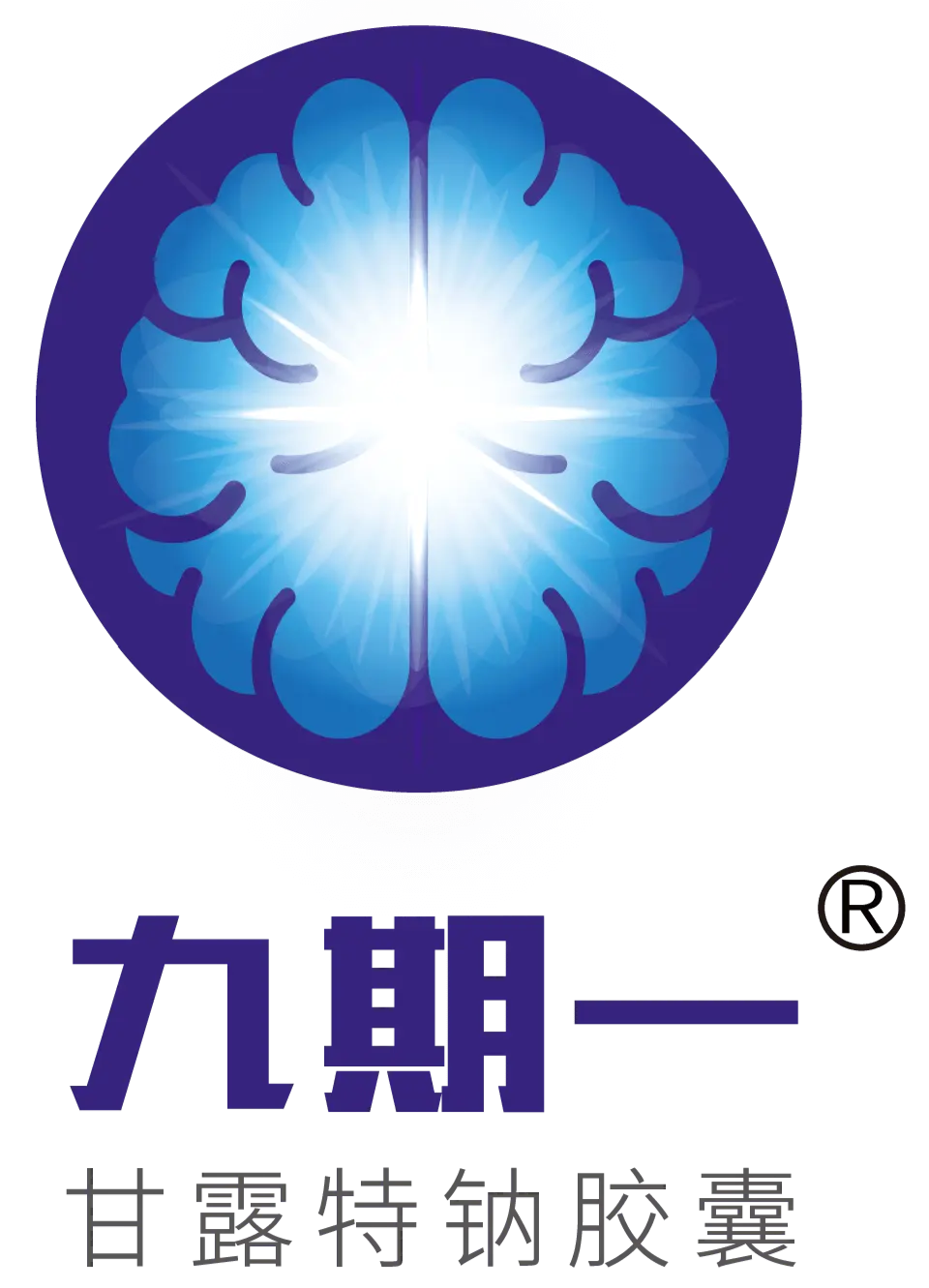Sodium Oligomannate in Treatment of Vascular Dementia: A Case Report
In January 2022, Chinese Journal of New Drugs and Clinical Remedies published a single-case study by He Yu, Luo Xingmei, et al. from the Affiliated Hospital of Guizhou Medical University, introducing the treatment of vascular dementia (VaD) with sodium oligomannate, a China-developed novel drug.
In 2019, stroke was the second leading cause of death and the third leading cause of death and disability globally, and the lifetime risk and disease burden of stroke in China is even more severe. After the occurrence of cerebrovascular events, some patients will exhibit cognitive dysfunction, which brings a great burden to the individual, the society, and the healthcare system.
An expert panel of the American Heart Association has pointed out that currently, cholinesterase inhibitors (galantamine, donepezil, and rivastigmine) and N-methyl-D-aspartate receptor (NMDAR) antagonists (memantine) are mostly used for treating VaD, but more evidence-based proof is still needed.
China’s Expert Consensus on the Management of Post-Stroke Cognitive Impairment 2021 states that sodium oligomannate can improve the cognitive function of patients with mild-to-moderate Alzheimer's disease (AD), but its effects on post-stroke cognitive impairment still needs to be studied with a large clinical sample. This case study reports a case of sodium oligomannate in treatment of VaD, which provides an important reference for the disease’s clinical treatment.
CASE REPORT
The patient exhibited fluctuating psychological and behavioral abnormalities and manifestations of multi-domain cognitive impairment after cerebral hemorrhage, and the clinical symptoms progressed rapidly after repeated cerebral hemorrhage. MMSE (Mini–Mental State Examination) and NPI (Neuropsychiatric Inventory) scores showed that in addition to cognitive dysfunction, the patient also had personality and mood disorders. Together with the patient's disease course and examination scores, the case met the clinical diagnostic criteria of VaD.
The patient was treated with memantine and donepezil in the early stage, but the psychological and behavioral abnormalities continued to progress, and there were still manifestations of multiple-domain cognitive impairment. After the informed consent of the family was obtained, the patient was treated with sodium oligomannate, which significantly improved psychological and behavioral abnormalities about one month later. Then, on witnessing the significant curative effect of sodium oligomannate alone, the family insisted on using the drug alone. With significantly improved psychological symptoms and cognitive function, the patient was able to cooperate with medical examination and assessment.
DISCUSSION
The patient had been treated with memantine and donepezil, but without obvious curative effects. One month after adding the usage of sodium oligomannate at 450 mg twice-a-day (b.i.d.), the patient’s MMSE score improved from being unable to cooperate with assessment to 14, and more than four months after treatment with sodium oligomannate alone following pulmonary infection, the patient’s MMSE score improved to 19. This suggests that sodium oligomannate was able to improve the cognitive function of the VaD patient. And in addition to improving cognitive function, sodium oligomannate also significantly improved the patient’s psychological symptoms.
The China phase-3 clinical study of sodium oligomannate did not verify its efficacy and safety in combination with other anti-dementia drugs. The patient used memantine, donepezil and sodium oligomannate in combination for about 11 months in the early stage, and no significant adverse effects were observed during the period. While the China phase-3 clinical study of sodium oligomannate spanned 36 weeks, the patient was treated with sodium oligomannate for nearly 15 months in total – during the period, the drug was able to improve the patient’s cognitive function and psychological symptoms as well as MMSE, NPI and ZBI (Zarit Burden Interview) scores, suggesting that the drug has good efficacy and tolerance in the treatment of VaD.
In conclusion, the patient was clearly diagnosed with VaD and treated with sodium oligomannate for nearly 15 months in total, resulting in significantly improved cognitive function and psychological symptoms as well as good efficacy and tolerance of sodium oligomannate. To date, the therapeutic drugs available for treating VaD are still very limited, so the diagnosis and treatment of this patient can provide a reference for the treatment of vascular cognitive impairment (VCI) in the future, with sodium oligomannate having the potential to become a new treatment option for VCI.
Link:http://qikan.cqvip.com/Qikan/Article/Detail?id=7106487853








